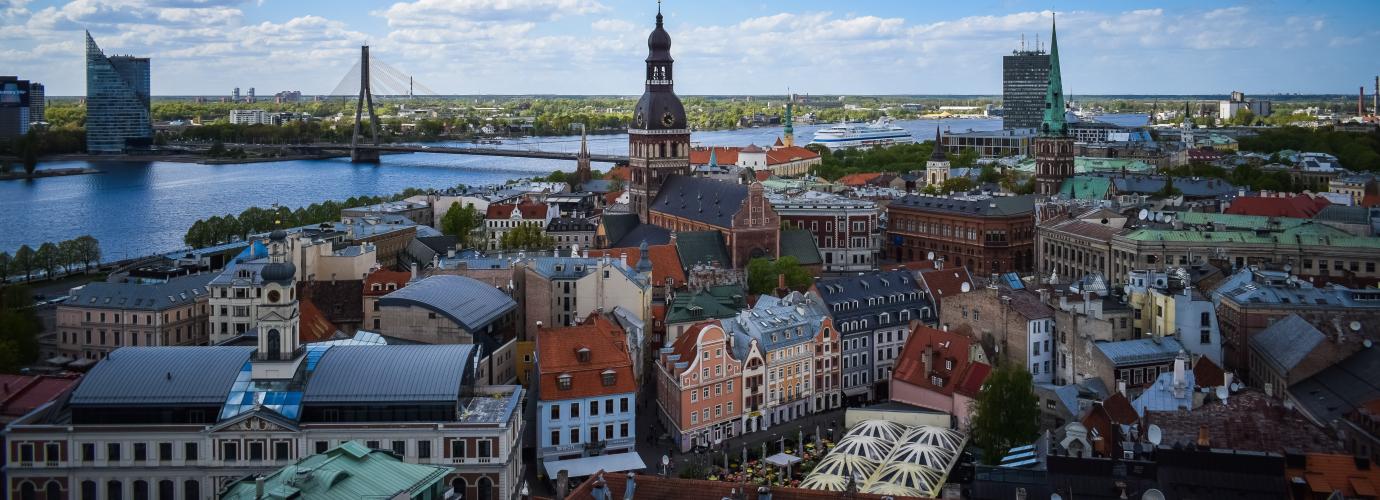In Latvia, the school guidance counsellor was added to the Government’s approved list of professions and posts for pedagogues in 2012, and in the 2013 the Education Law was amended adding the request for municipality and school to provide career guidance support for children and youth. As of the school year 2012/13 schools are allowed to fund the salary of a school guidance counsellor from the national education subsidy. Whether schools choose to do this depends on their budget which is linked to the number of enrolled pupils, as well as on local priorities.
At present the regulation is under development to set education and training requirements for school guidance counsellors. Some higher education institutions offer professional qualification for guidance counsellors after successful completion of master level study programme.
Career management skills are integrated into compulsory education subject standards (National Standard for Basic Education and Standards for Basic Education Subjects, and Basic Education Sample Plans/ Noteikumi par valsts pamatizglītības standartu, pamatizglītības mācību priekšmetu standartiem un pamatizglītības programmu paraugiem (2014)) as learning outcomes in several teaching subjects, so the teachers of respective subjects have to perform some guidance activities too. Guidance-related themes, for instance, are integrated throughout compulsory schooling within the social sciences curriculum (grades 1 to 9), which allocates one to two lessons to this area annually.
Class teachers also are significant players in the provision of guidance services at general school level. Guidance is mainly provided during special lessons led by class teachers and during project weeks.
In addition, at integrated primary and lower-secondary education level and upper-secondary education level there are also social pedagogue who analyses learning problems of pupils and teachers as well as families and pupils, ensuring through counselling and support that education is properly and successfully conducted. Social pedagogue also ensures implementation of events aimed at protection of children rights and acts as a mediator between the school and municipality.
Some schools employ a psychologist to assist pupils, teachers and parents who need psychological support and advice.

